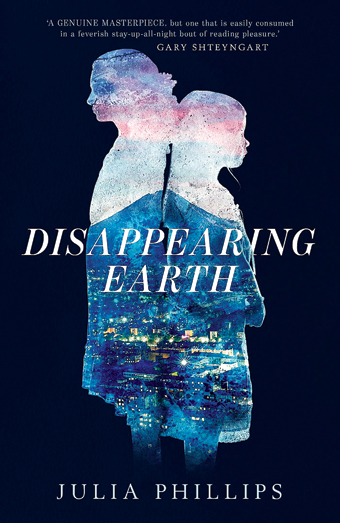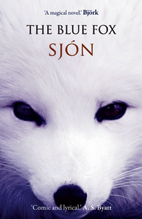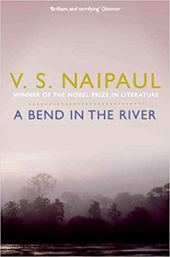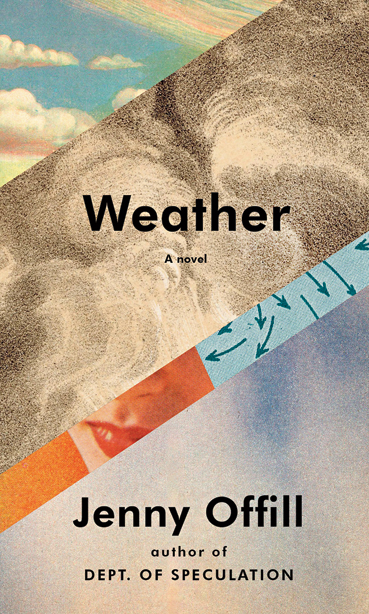In Woody Allen’s classic film Zelig, a person — played by Woody Allen himself — camouflages himself as different personalities depending upon the company he is with. There is a scene in that film where he did not have the courage to admit that he had not read Moby Dick and hence plays along with the group on a discussion of the classic book. I realised that I have a Zelligesque streak in me whereas I did the same in many such similar scenarios. Of course such play-acting is accompanied by a certain sense of guilt but the only silver lining in my case is that I transform that guilt into something positive — try to catch up with that sense of inadequacy by actually reading the materials that I pretended to know.
Over the years I have realised that to cover up for my vast gaps of knowledge, it would take more than a few lifetimes but that is a novel expedition in itself — the pursuit of knowledge. I do not have a well-defined process as to how I read but given the very interesting assignment to write on my reading process, let me try to jot down a map and sound more organised than it actually is.

The biggest source of my recommendations of books is the New York Times Book Review, which is published every Sunday. It is a wonderful collection of reviews on new fiction and non-fiction books which come out every week. I do have my favourites amongst the critics and they are Parul Sehgal and Dwight Garner. Both are analytically very powerful and most importantly, they are irreverent, which I think is very important for a good critic.
This year their reviews introduced me to some wonderful new authors such as Megha Majumdar (A Burning), Julia Phillips (Disappearing Earth), Jenny Offill (Weather) and Brit Bennett (The Vanishing Half). The other sources of recommendations are from the New Yorker and the New York Review of Books. One can browse the reviews and figure out what to read given one’s tastes and proclivities.trophobia of the pandemic and the lockdown.

My other source of book recommendations comes from friends and teachers. For Bengali literature, my biggest inspiration is my professor at Cornell, the renowned economist Mukul Majumdar. Recently I was re-reading Sunil Ganguly’s classics Prothom Alo and Shei Shomoi. That in turn made me curious about the Bengal Renaissance of the late 19th century. I started reading a lot about Vivekananda and the Tagore household.
When chatting with Mukulda on this, he referred a wonderful book on Bengal Renaissance called
Ramtanu Lahiri o Totkalin Banga Samaj written by Shibnath Shastri. Mukulda has made me read a lot of lesser-known classics in Bengali literature from the likes of Bibhutibhushan, Tarashankar and others. Of course, Soumitra Kaku (Chatterjee) used to tell me a lot about the Renaissance period and the importance of Vidyasagar and Ram Mohun Roy in shaping the Bengali identity.

Following that chain of thought, next I want to read up on Vidyasagar in detail. That’s how my reading pattern emanates from a source material — in this case Sunil Ganguly’s classics.
For modern world literature, Konkona (Sensharma) is a great source material. Though we don’t get to meet each other often but we do exchange reading lists frequently. She had introduced me to Elena Ferrante a couple of years back and during this lockdown she referred Sally Rooney’s books — Normal People and Conversations with Friends. I read Normal People and was fascinated by this millennial love story. The way Rooney captures the subtleties of the mind of the young protagonists is unparalleled.

There are people who have a special attachment to some specific issues. For example, I think Parambrata (Chattopadhyay) has a strong academic bent of mind, though he is primarily known as an actor and a director. He is really invested in the two Bengals and the Bangladesh war of Independence. I used to listen to him with immense interest when he used to talk about the Muktijoddhas and, in particular, Sheikh Mujibur. I realised that I have a very cursory knowledge about those matters and hence I always thought of finding out more about Sheikh Mujibur. I fulfilled that desire by reading a wonderful biography on him during the lockdown. There is also a core group of my college friends — just two or three — with whom I discuss a lot of issues, ranging from current events and anything under the sun. They provide me enough ammunition to follow up on my reading.
Biographies of famous men and women are a genre which particularly interests me. They help you learn the historical milieu in which they operate and gives a perspective as to what makes them the person they are. Hence apart from Sheikh Mujibur’s biography I read many others this year who come from vastly different time and place — Nikola Tesla, John Maynard Keynes, Stanley Kubrick, Kemal Ataturk and autobiographies of Woody Allen and Satya Nadella were some of them. I do have specific questions in my mind when I take up reading about these personalities — for example, how did Ataturk transform Turkey into such a modern liberal country in the 20th century? What was exactly the source of rivalry between Tesla and Edison? How exactly did Satya Nadella transform Microsoft in just a few years? Finally, reading fiction from all over the world gives me a vicarious pleasure of being in a different place and time in person. I get to identify with the fictional characters and that’s a great mental exercise — almost like meditation. When I read the novels of Mario Vargas Llosa I lived in the Amazon jungles for a few weeks, when I read V.S. Naipaul’s classic A Bend in the River I was living in colonial Africa and similarly reading The Blue Fox by the Icelandic novelist Sjon, I was transformed to Iceland. For brief periods of time I could forget the claustrophobia of the pandemic and the lockdown.











